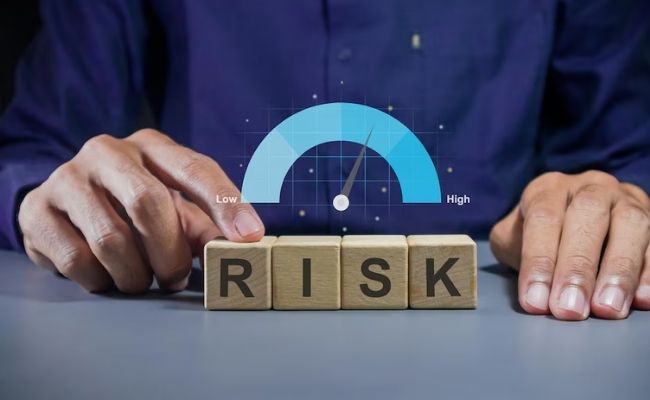In an era where uncertainty is the norm, businesses face more than just operational or technical hiccups—they face strategic risks that challenge their long-term survival and competitive edge. These risks aren’t just minor roadblocks; they strike at the heart of a company’s direction and purpose.
Let’s explore the top five strategic risks that modern enterprises must confront and control.
1. Digital Disruption and Technological Obsolescence
Technology is both a blessing and a threat. As new innovations transform industries, businesses that fail to evolve risk becoming irrelevant. Digital-first companies often outpace legacy players by leveraging automation, AI, and customer-centric platforms.
- Key Risk Areas: Outdated infrastructure, poor digital adoption, weak cybersecurity
- Strategic Response: Prioritize IT investments, continuously scan tech trends, and adopt scalable solutions.
2. Regulatory Shifts and Political Uncertainty
Changes in laws, trade agreements, data protection policies, or environmental standards can deeply affect business operations, costs, and global expansion plans. Organizations operating in multiple countries face compounded exposure.
- Key Risk Areas: Regulatory fines, compliance gaps, policy reversals
- Strategic Response: Maintain a robust compliance framework and foster strong government relations.
3. Brand Erosion and Reputational Threats
In the digital age, perception is reality. A single scandal or poor handling of an issue can severely damage consumer trust. Strategic reputation management is no longer optional—it’s essential.
- Key Risk Areas: Social media backlash, poor stakeholder communication, ethical missteps
- Strategic Response: Develop a comprehensive communication strategy and a real-time issue response team.
4. Workforce Instability and Talent Mismatch
People are at the heart of strategy execution. Yet, many businesses struggle with talent shortages, high turnover, and evolving employee expectations. This risk is amplified in industries requiring niche skill sets.
- Key Risk Areas: Lack of skilled workers, low morale, poor retention rates
- Strategic Response: Emphasize employee engagement, career development, and a supportive work culture.
5. Environmental, Social, and Governance (ESG) Compliance
Investors, customers, and regulators are paying close attention to how businesses impact society and the environment. Failure to address ESG concerns can cost more than just reputation—it can reduce access to capital and partnerships.
- Key Risk Areas: Poor ESG ratings, greenwashing accusations, investor pullback
- Strategic Response: Embed ESG into business strategy and transparently report progress.
Looking Ahead
Strategic risks are not always visible, but they are always significant. Business leaders must remain agile, informed, and forward-thinking. Proactive management of these risks doesn’t just protect the business—it strengthens its foundation for the future.
Explore Best Online Courses to Learn Risk Management
If you’re new to risk management or looking to deepen your expertise, there’s no better time to start than now. Learning from industry experts can help you build a strong foundation and gain certifications that set you apart in the job market.
At www.smartonlinecourse.com, in collaboration with the Risk Management Association of India (www.rmaindia.org), you can explore a range of self-paced, affordable online courses designed for both beginners and professionals. These courses are tailored to real-world needs, taught by experts, and designed for flexible learning.
👉 Visit www.smartonlinecourse.com to explore more!
📧 Email: info@smartonlinecourse.org
Or connect us via WhatsApp at: 8232083010/9883398055


